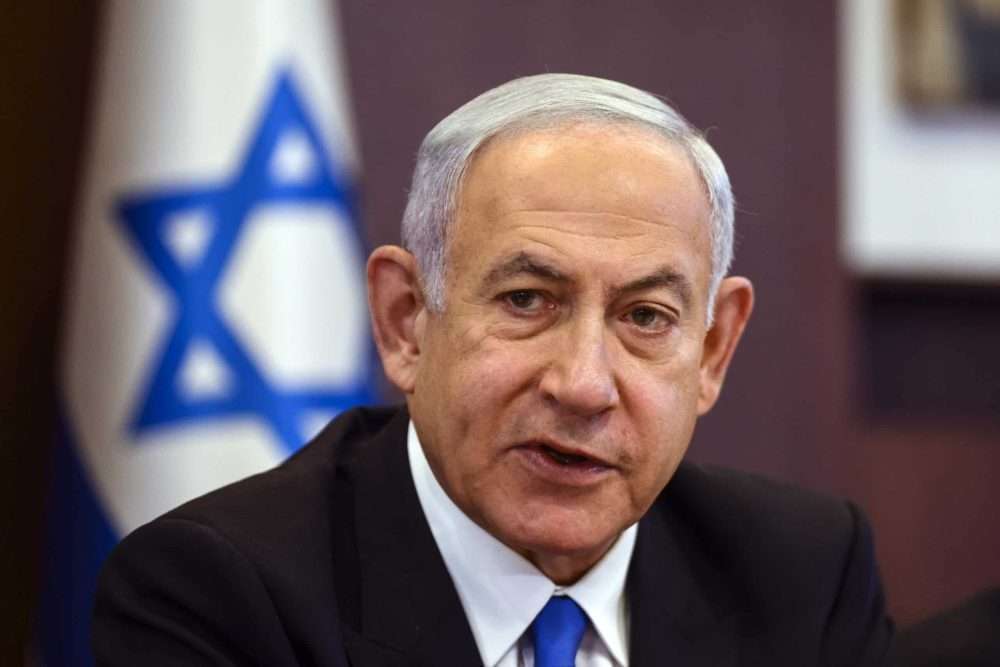Elizabeth Tsurkov, an Israeli-Russian scholar missing in Iraq since March, is reportedly being held captive by an Iraqi Shia militia, Kataib Hezbollah, according to Israeli Prime Minister Benjamin Netanyahu. Tsurkov, a Ph.D. student at Princeton University, was conducting research in Baghdad when she was abducted. Her captivity complicates diplomatic relations since Iraq and Israel lack diplomatic ties and she had been an outspoken critic of Israel, Iran, and Russia.

Israeli Prime Minister, Benjamin Netanyahu, has confirmed that Elizabeth Tsurkov, a researcher of Israeli-Russian descent who disappeared in Iraq in March, is being held hostage by a Shia militia group.
Tsurkov, a doctoral candidate at Princeton University in the U.S., was conducting field research in Baghdad when she was taken captive.
Israel holds Iraq accountable for her safety and well-being, according to a statement from Netanyahu’s office.
Tsurkov is reportedly in the custody of Kataib Hezbollah, an influential Iraqi Shia militia known to receive financial and military backing from Iran. The U.S. has classified this group as a terrorist organization since 2009. However, the specific demands of the group in regard to Tsurkov remain unclear.
Israel indicated that the issue is being managed by “relevant parties,” emphasizing concern for Tsurkov’s “security and well-being.”
It’s worth noting that Iraq and Israel do not maintain diplomatic ties. Iraq’s parliament passed a law last year, criminalizing any attempts to normalize relations with Israel, a nation it has never officially recognized.
Tsurkov’s family issued a statement, reported by the Washington Post, holding “the Iraqi government as directly responsible for her safety.”
Tsurkov used her Russian passport to enter Iraq, according to Netanyahu’s office.
The New Lines Institute for Strategy and Policy, a Washington-based think tank where Tsurkov is a fellow, reported that she last communicated with them in March, and they subsequently learned from sources about her abduction by a “pro-Iranian militia”.
Despite their initial impulse to publicize her disappearance, the institute decided to maintain discretion in consideration of her family’s wishes and the hope for a swift resolution.
Tsurkov’s research, according to her website, revolves around the Levant – a geographical area encompassing present-day Israel, Syria, and other territories – and specifically focuses on “the Syrian uprising and civil war”.
New Lines explained that Tsurkov’s circumstances are particularly complex as she is a vocal critic of Israel, Iran, and Russia – the three countries potentially involved in negotiating her release. The institute expressed the need for U.S. involvement, considering Tsurkov’s association with Princeton and New Lines.
In a Twitter statement, Princeton University said, “We are deeply concerned for her safety and well-being, and we are eager for her to be able to rejoin her family and resume her studies.”
As of now, there have been no official comments from the U.S., Russia, Iran, or Iraq regarding the situation.
(Associated Medias) – All right reserved
